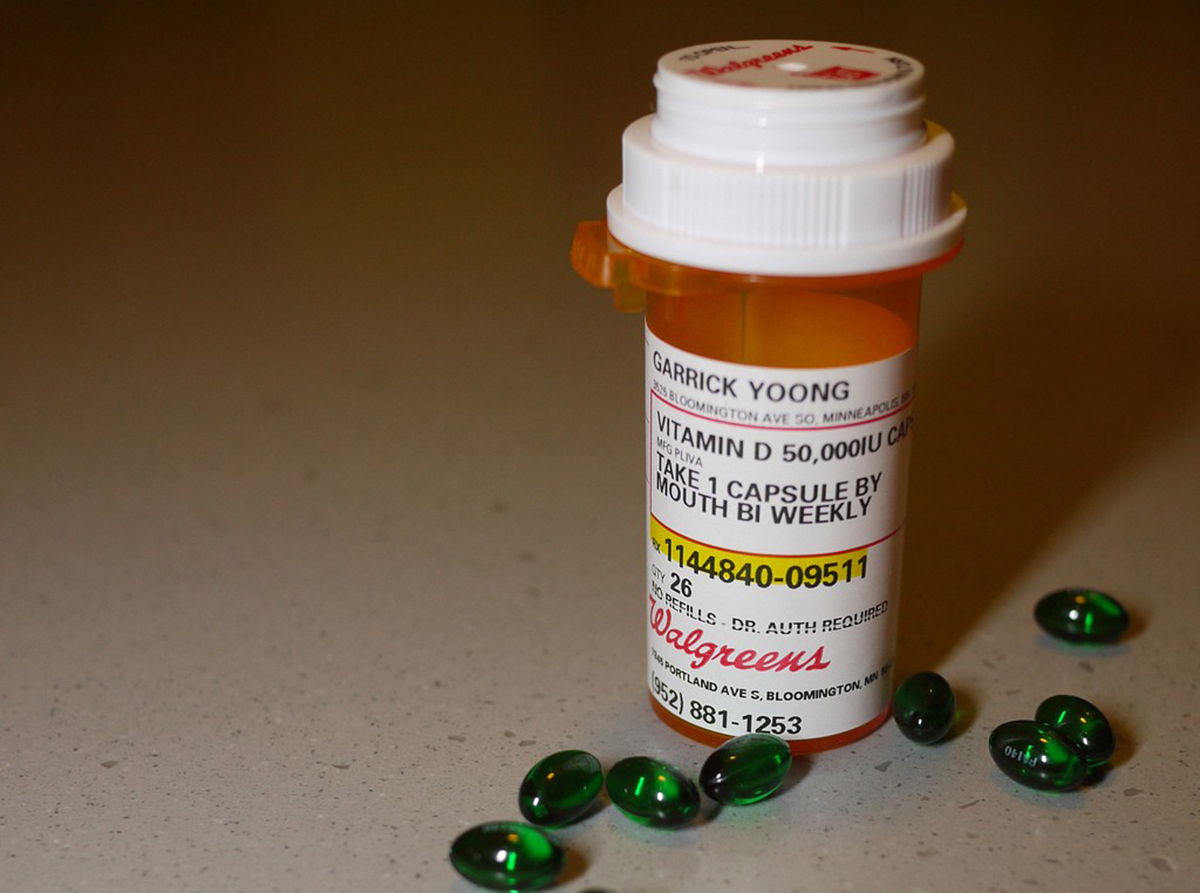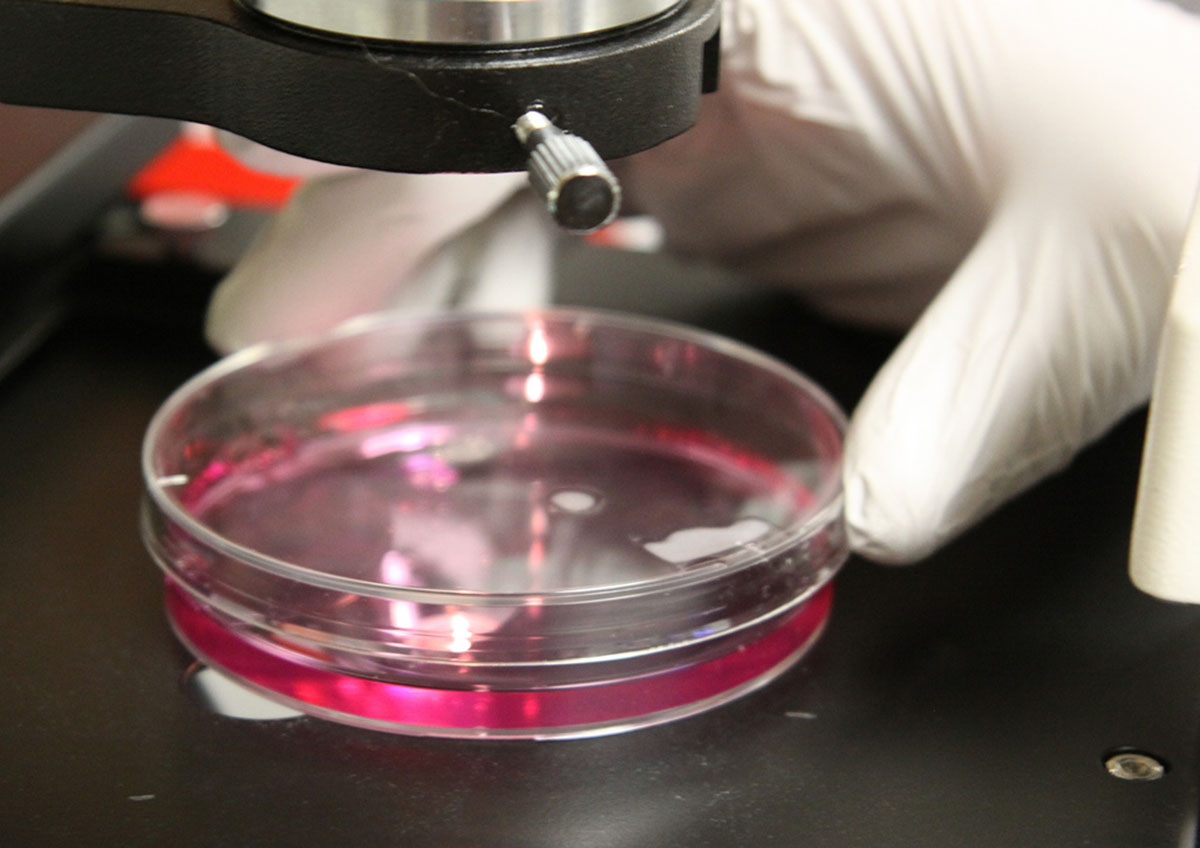For years natural health and nutrition experts (other than here at Steady Health) have been telling us that the right dosage of vitamin D is more, more, more. Recently, however, researchers have begun to realize that low concentrations of vitamin D in the bloodstream may be the result of diseases rather than their cause.

The Reality of the Relationship of Vitamin D and Disease Not in Doubt
When French researchers did a meta-analysis of 290 published scientific studies of the relationship of vitamin D concentrations in the bloodstream and various diseases, they found strong evidence that low levels of vitamin D are related to cardiovascular disease, type 2 diabetes, infections, and psychiatric disorders.
Cause and Effect Relationships of Vitamin D and Disease in Question
The findings of decades of research, however, only shows that there is a correlation, a relationship, between vitamin D levels and various diseases. Almost no research has been designed to answer the question of whether low vitamin D levels cause disease (and therefore supplemental vitamin D might cure them), or diseases deplete vitamin D.
Dr. Philippe Autier, MD, MPH, PhD, vice president of population studies at the International Prevention Research Institute in Lyon, France, was able to locate interventional studies of the use of vitamin D as a treatment in studies involving 2,805 people who had low test levels of vitamin D. These studies showed no benefit when people who were already sick were given supplemental vitamin D.
Vitamin D Apparently Does Not Improve Type 2 Diabetes
When the statistically robust relationship between low vitamin D levels and type 2 diabetes was discovered about 20 years ago, many natural health enthusiasts, including some doctors who wrote books, assumed that they had stumbled across a safe, inexpensive, natural cure for diabetes. Over the following 20 years, however, these same doctors and researchers failed to have any patients who actually went into remission as a result of taking vitamin D. (If you are a diabetic who did, of course, please feel free to comment below.)
When Dr. Autier and his associates looked at a subset of 16 studies in which researchers used vitamin D as a treatment for type 2 diabetes, they found taking the vitamin did not result in lower glycosylated hemoglobin (HbA1c). Since HbA1c is the standard measurement of diabetes control, any treatment that does not lower this number cannot be said to treat diabetes. After all, diabetes is a condition in which one really does "treat the number," controlling blood glucose levels to prevent the effects of high blood sugar levels, although there are subtle differences in the effects of high blood sugar levels from diabetic to diabetic.
Read More: Vitamin D - How Much Do We Need And How Do We Get It?
Vitamin D Not a Cure for Cancer, Either
Autier and colleagues also looked for evidence to support the frequent claim that vitamin D supplementation helps cancer patients go into remission. Overall, there was some evidence that higher vitamin D levels may be associated with a lower risk of colorectal cancer, but no other forms of cancer. Two of the studies, however, found that there was no benefit of vitamin D in the prevention or treatment of any form of cancer.
Does This Mean It Doesn't Do Any Good To Take Vitamin D?
Even the results of studies that find low vitamin D levels are linked to increased rates of osteoporosis and bone fractures were called into question. People who have osteoporosis are known to have lower levels of vitamin D, but the process of osteoporosis is also known to be gradual. People who go on to develop full-fledged, obvious symptoms of the disease at first suffer microfractures that go undetected, aches and pains that make them less active.

People who stop getting exercise also stop getting sun, and their bodies make less vitamin D. This would seem to suggest that osteoporosis causes low vitamin D levels rather than the other way around.
Autier and his co-authors do not go so far as to recommend that people who have been diagnosed with osteoporosis stop taking vitamin D, along with possibly vitamin K, calcium, magnesium, zinc, and copper. But they do call recommendations that people who are not known to be vitamin D deficient take supplements "ill advised."
If Not Vitamin D, What?
Autier believes that the underlying problem in diseases associated with low vitamin D levels is inflammation. Control inflammation, and you correct the disease. When you control the disease, then vitamin D levels will naturally go back to normal. Taking supplemental vitamin D is not the answer, that is, it is not the answer for conditions other than osteoporosis.
What Are the Current Recommendations Regarding Vitamin D for Osteoporosis?
Vitamin D continues to be recommended as a treatment for osteoporosis. Vitamin D without calcium, however, has no effect.
The way vitamin D helps build bones is by helping the intestines absorb calcium from food, and helping the bones absorb calcium and phosphorus from the bloodstream. Vitamin D also plays a small role in the ability of the bones to resorb their own minerals as they break down and remodel after wear and tear and fracture.
Only the active form of vitamin D, known as vitamin D3, or cholecalciferol, helps the bones take in the calcium they need. Vitamin D3 is made from the storage form of vitamin D2, or ergocalciferol, by the kidneys. Kidney health is also essential to bone health, and many aspects of diet other than just vitamin D and calcium influence kidney health.
Read More: Vitamin D: Who Needs To Take Supplements?
What are the signs you might be someone who actually needs vitamin D supplementation?
- You have aching muscles or muscle twitching.
- Your joints ache.
- You don't get a lot of sun, or you live at a latitude north or south of 35 degrees (north of Atlanta or Los Angeles in the USA, south of Buenos Aires or Sydney in the Southern Hemisphere, anywhere in Europe or Russia, north of Shanghai or Tokyo in Asia).
- You have dark skin.
- You work nights and sleep during the day.
- You live in a hot-summer climate where air conditioning is a necessity.
It isn't necessary to take huge amounts of vitamin D to get a benefit. As little as 500 to 5,000 IU a day is more than enough to prevent deficiency. You can get this from a supplement, or by exposing your hands and face to morning sunlight for 20 minutes every day. Adequate calcium and protein in diet are also essential. But don't take vitamin D with the expectation it will prevent cancer (other than some forms of colorectal cancer), heart disease, or diabetes.
- Autier P, Gandini S, Mullie P. A systematic review: influence of vitamin D supplementation on serum 25-hydroxyvitamin D concentration.J Clin Endocrinol Metab. 2012 Aug
- 97(8):2606-13. doi: 10.1210/jc.2012-1238. Epub 2012 Jun 14. Review.
- Autier P. and collaborators. Vitamin D status and ill health: a systematic review. he Lancet Diabetes & Endocrinology, Volume 2, Issue 1, Pages 76 - 89, January 2014.
- Photo courtesy of Thirteen Of Clubs by Flickr : www.flickr.com/photos/thirteenofclubs/5521095682/
- Photo courtesy of Oregon State University by Flickr : www.flickr.com/photos/oregonstateuniversity/8411011377/


Your thoughts on this